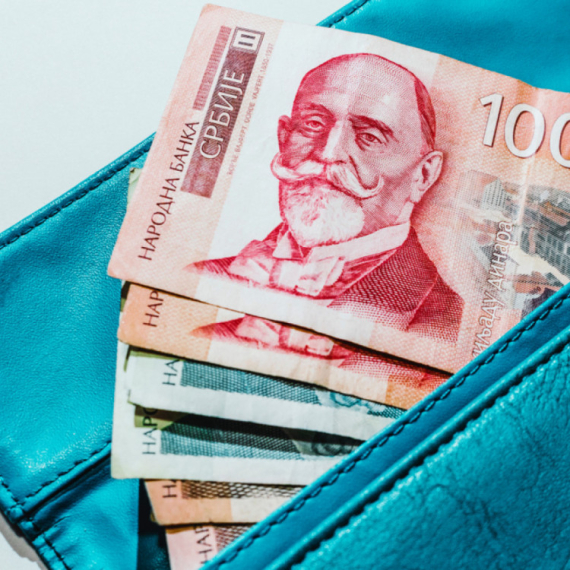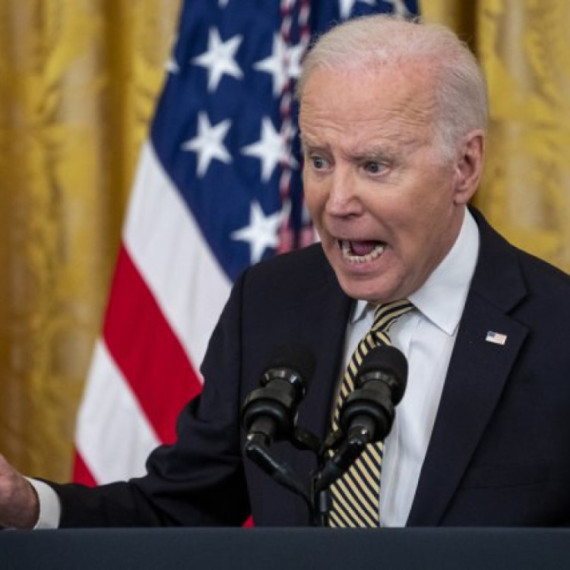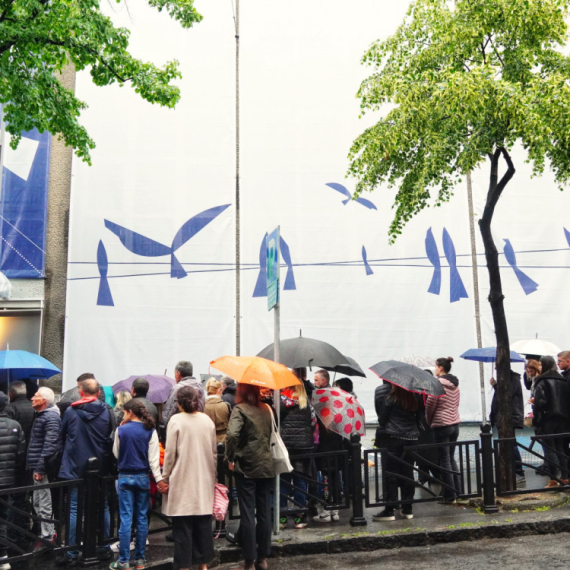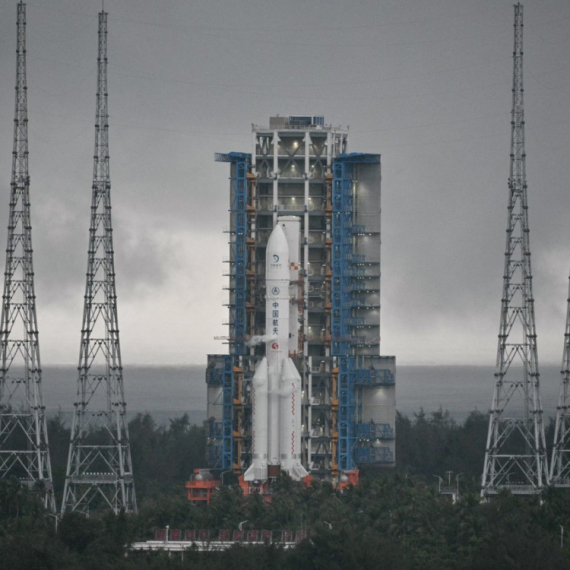Slovenia recognizes independence declaration
Slovenia became the first former Yugoslav republic to recognize Kosovo’s unilateral independence declaration.
Thursday, 06.03.2008.
09:59

Slovenia became the first former Yugoslav republic to recognize Kosovo’s unilateral independence declaration. The Slovenian parliament approved the government proposal for recognizing Kosovo as an independent and sovereign country with a vast majority. Slovenia recognizes independence declaration The vote was attended by 67 MPs, 57 of whom supported the motion. Slovenia’s recognition of Kosovo immediately became the main news story nationwide. The parliamentary session was attended by Foreign Minister Dimitrij Rupel, who said that the Slovenian recognition of Kosovo was not “aimed against Serbia.” Rupel responded to much criticism, mainly from opposition parties, during the pre-vote debate, which lasted four and a half hours. He said that Serbia must not allow her door to the EU to be shut with its reaction to Kosovo independence and that Slovenia’s policies could not be dictated by the fear of possible reactions in Serbia. Ruling coalition officials who supported the proposal were criticized by opposition officials, who said that early recognition of Kosovo could be damaging to Slovenia’s economy, to which ruling coalition officials responded that “selfishness and interests” could not be the priority in this decision. Rupel added that if Slovenia continued with such interests, it would still be a part of Yugoslavia. Nevertheless, the opposition parties reiterated that there was more than EUR 1bn worth of Slovenian investment tied up in Serbia, ten times as much export to Serbia than Kosovo and 12 times higher exchange of goods with Serbia. Opposition parties added that Kosovo’s unilateral independence declaration violated international law, the Helsinki Charters, Serbia’s sovereignty, while there was also talk of Serbia’s history in Kosovo and “its sensitivity over the issue.” There was also much talk of postponing the decision to recognize Kosovo, especially given that Slovenia was currently presiding over the EU, citing Holland’s stance that it was first necessary to analyze the Kosovo Constitution and the laws for the protection of minorities before taking a decision. Opposition officials also warned that the Kosovo state was still like a “premature baby” that would not have the attributes of an independent country for some time. Despite the heated debate, the vote in the end went in favor of recognizing Kosovo, which the Slovenian media had been predicting for several days. The parliament’s decision takes effect immediately, which is why Slovenia’s ambassador is expected to head to Belgrade for consultations shortly.
Slovenia recognizes independence declaration
The vote was attended by 67 MPs, 57 of whom supported the motion.Slovenia’s recognition of Kosovo immediately became the main news story nationwide.
The parliamentary session was attended by Foreign Minister Dimitrij Rupel, who said that the Slovenian recognition of Kosovo was not “aimed against Serbia.”
Rupel responded to much criticism, mainly from opposition parties, during the pre-vote debate, which lasted four and a half hours.
He said that Serbia must not allow her door to the EU to be shut with its reaction to Kosovo independence and that Slovenia’s policies could not be dictated by the fear of possible reactions in Serbia.
Ruling coalition officials who supported the proposal were criticized by opposition officials, who said that early recognition of Kosovo could be damaging to Slovenia’s economy, to which ruling coalition officials responded that “selfishness and interests” could not be the priority in this decision.
Rupel added that if Slovenia continued with such interests, it would still be a part of Yugoslavia.
Nevertheless, the opposition parties reiterated that there was more than EUR 1bn worth of Slovenian investment tied up in Serbia, ten times as much export to Serbia than Kosovo and 12 times higher exchange of goods with Serbia.
Opposition parties added that Kosovo’s unilateral independence declaration violated international law, the Helsinki Charters, Serbia’s sovereignty, while there was also talk of Serbia’s history in Kosovo and “its sensitivity over the issue.”
There was also much talk of postponing the decision to recognize Kosovo, especially given that Slovenia was currently presiding over the EU, citing Holland’s stance that it was first necessary to analyze the Kosovo Constitution and the laws for the protection of minorities before taking a decision.
Opposition officials also warned that the Kosovo state was still like a “premature baby” that would not have the attributes of an independent country for some time.
Despite the heated debate, the vote in the end went in favor of recognizing Kosovo, which the Slovenian media had been predicting for several days.
The parliament’s decision takes effect immediately, which is why Slovenia’s ambassador is expected to head to Belgrade for consultations shortly.




















Komentari 0